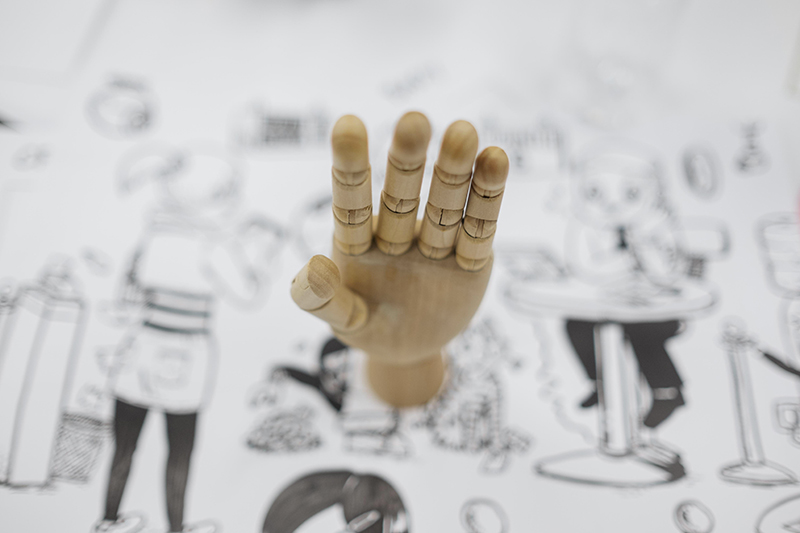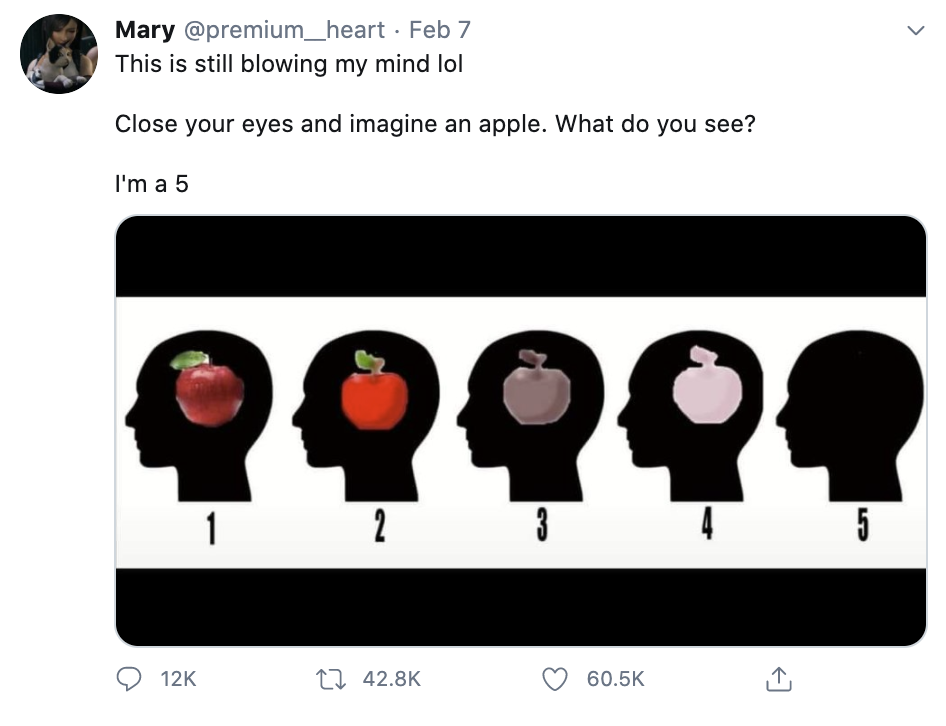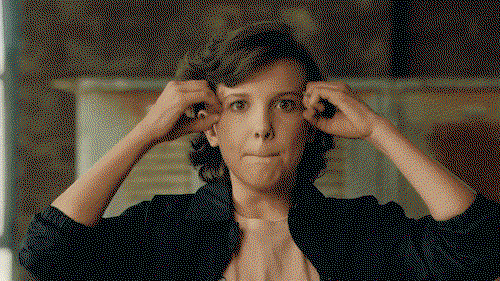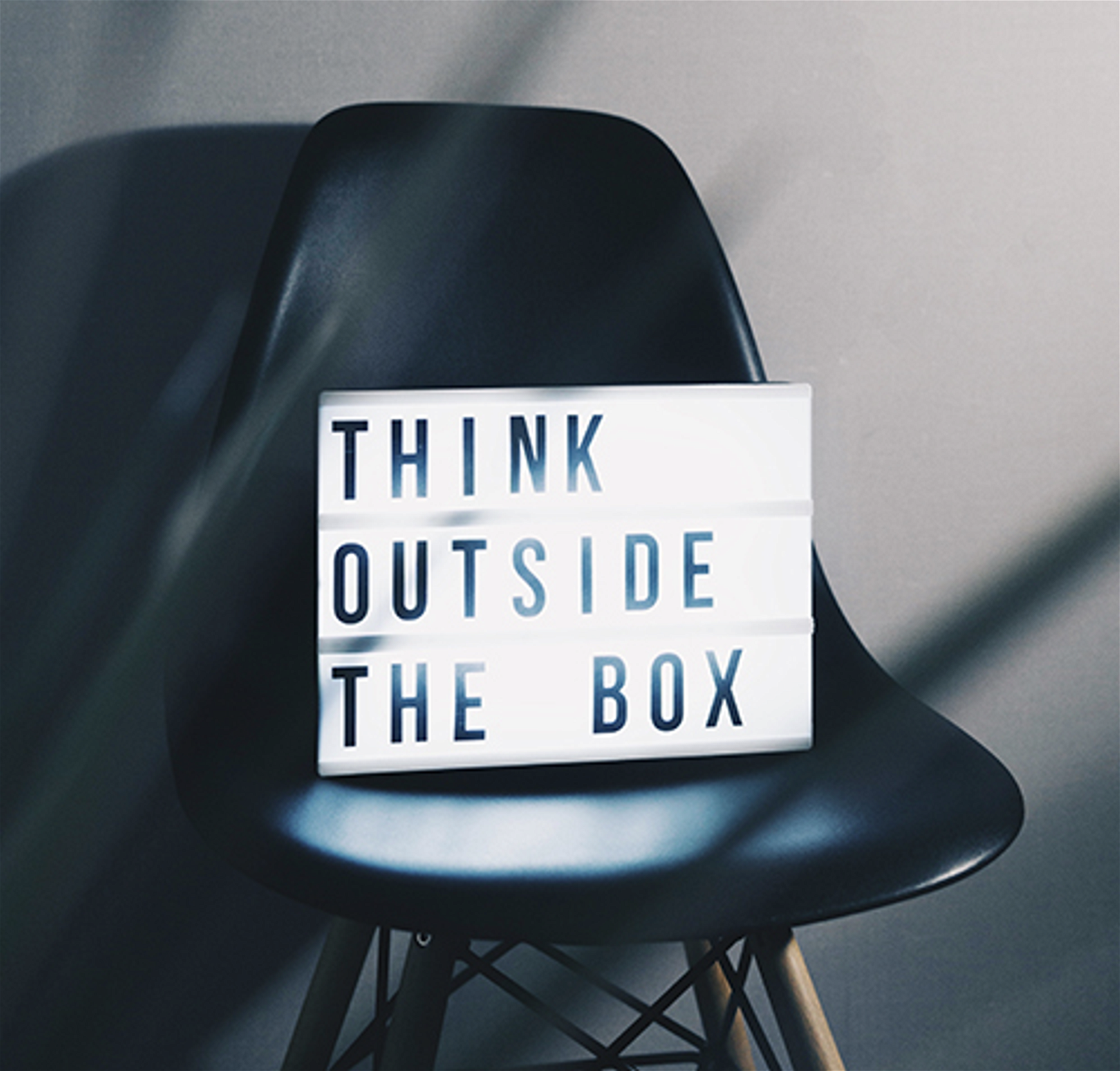
Imagine a typical engineer. You are probably thinking of someone analytical, precise, good at maths? But would you consider artists, designers or people with creative skills?
Possibly not.
The stereotypes we grew up with have a large impact on how we think about engineering roles today. And while things are changing people still think about engineering in the same way that they did 10 years ago.
Is creativity important?
It's no secret that I believe creativity is one of the most important skills you can have in any job. In fact, research completed by LinkedIn shows that creativity skills are what employers needed most in 2019!
But, when I talk about creative skills I am not referring to drawing, writing or painting. Although those are great! I am referring to the ability to imagine something new and then make it.
Imagination allows us to picture something that is not present.
If you're thinking, yes but can't everyone do that?
Not exactly.
Close your eyes, and think of an apple.
What do you see?
Where is the apple?
What colour is it?
Does it have a stem or a leaf? Or do you see nothing at all?
Use the scale below to see where you sit in terms of detail/clarity.

When I think of an apple I see number 1. But the person that showed me this tweet is at 5.
This blows my mind.

I want to make this clear that if you can't visualise an apple that doesn't mean you are can't be creative.
But it does a great job of illustrating the differences in the way people think. Not everyone in an industry will be at the same point on the scale.
Furthermore, in some professions, there might be more people at one point than another. Take a design agency as an example. Often people there will have stronger mental imaging skills. Whereas in a more analytical field this could be the opposite.
No matter where you sit on the scale creativity and mental imagery are skills that you can learn. And you should, as not everyone has these skills. It will give you an advantage when trying to solve new problems.
